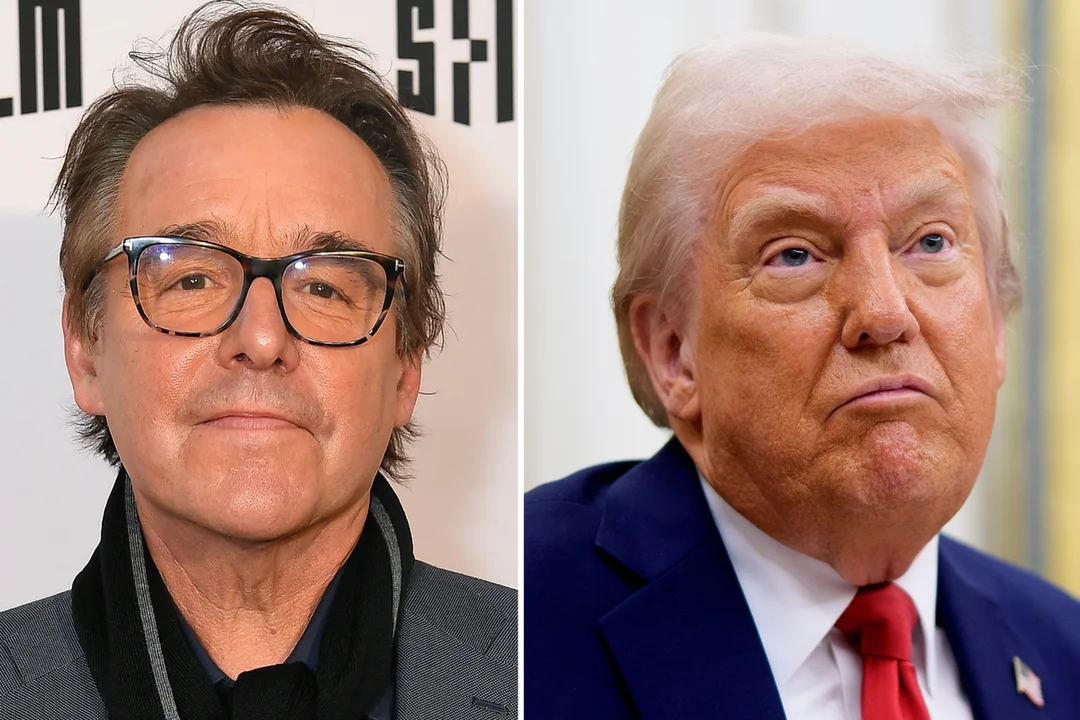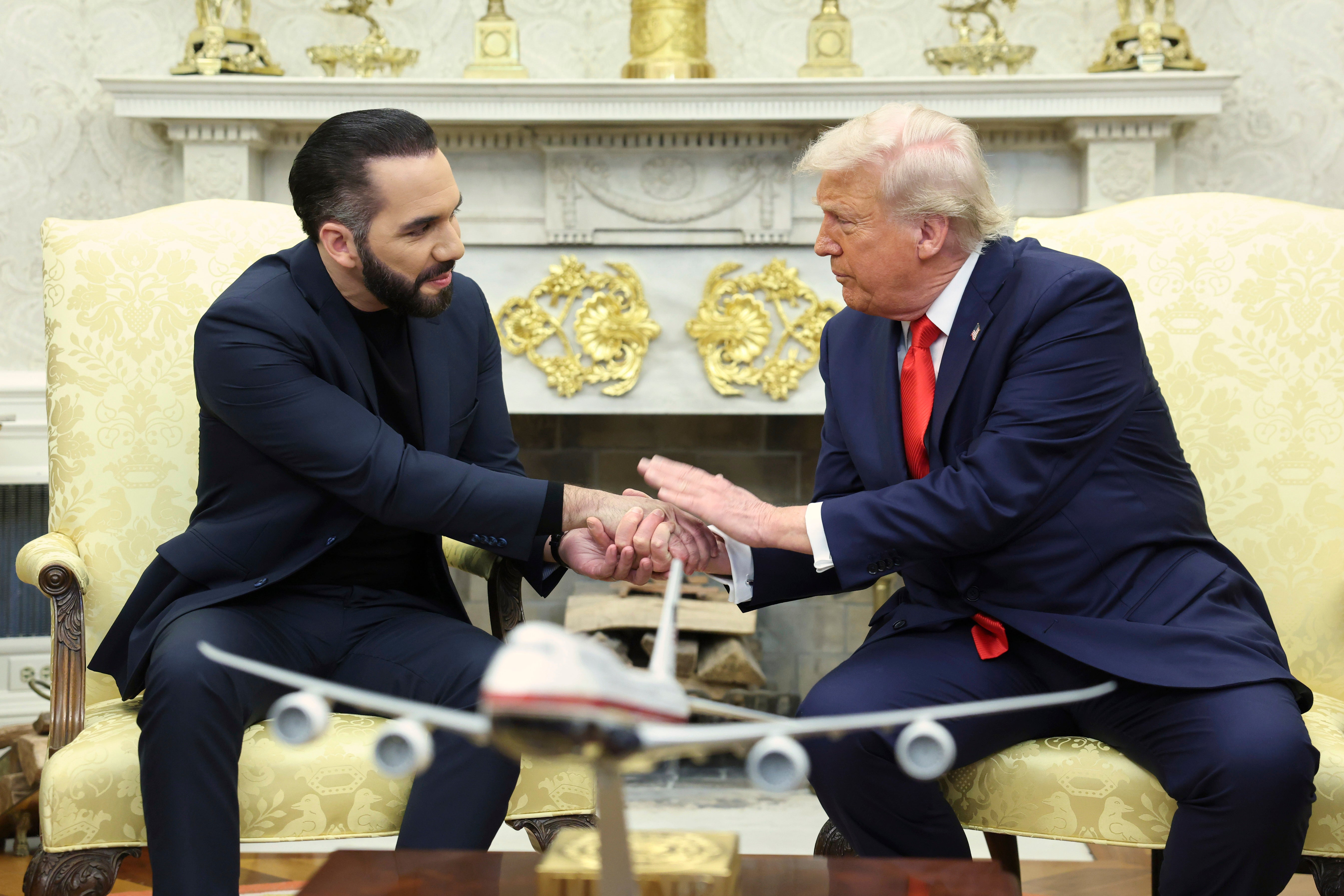
Is a Movie Cameo Making Waves for the Wrong Reasons?
In a surprising twist of fate, filmmaker Chris Columbus revealed that the cameo of Donald Trump in his 1992 movie Home Alone 2: Lost in New York has become a burden rather than a celebrated moment. Columbus expressed his desire to remove the scene, yet he fears doing so would put him at risk of deportation under Trump's administration's policies. "It's become an albatross for me. I just wish it was gone," Columbus shared in a recent interview.
Filmed in 1992, Home Alone 2 features a now-iconic moment where Macaulay Culkin's character, Kevin McCallister, asks Trump, then a real estate mogul and owner of the Plaza Hotel, for directions. Although many viewers cheered when Trump appeared on screen at the film's release, Columbus has since reflected on this seven-second cameo with regret. "I never thought that was going to be considered hilarious," he admitted, recalling screening reactions from enthusiastic audiences.

Columbus's conflict traces back to the production's circumstances. He disclosed that Trump’s appearance was a condition for shooting at the Plaza Hotel. “We paid the fee, but he also said, ‘The only way you can use the Plaza is if I’m in the movie,’” Columbus recalled. This agreement has now led to Columbus contemplating the cameo's implications amidst the political climate which has seen aggressive deportation cases pursued by the Trump administration.
As Columbus faces scrutiny and backlash, Trump’s own take on the situation has elevated tensions. In a post on his social media platform, Trump claimed that Columbus was “begging” for him to appear in the film, to which Columbus firmly replied, “I’m not lying. There’s no world I would ever beg a non-actor to be in a movie.” This back-and-forth exemplifies the fraught intersection of entertainment and political narratives.
Furthermore, Columbus's general unease about the political environment underscores the ramifications of Trump’s presidency beyond Hollywood. His comments about fearing deportation reveal a more profound concern as countless individuals have faced similar fates under stringent immigration policies. Columbus’s sentiment seems more reflective of a broader unease regarding the climate for artists and individuals voicing opposition in America today.

Ultimately, Columbus's struggle with the Trump cameo raises questions about the lasting impact of political figures on the arts. As the line between reality and media continues to blur, how should filmmakers navigate the complex landscapes they inhabit? Is it time to reassess the art we consume and the implications of its creation in a divisive political world? Could Columbus’s discomfort be a sign of broader unrest among creatives today?
Readers, do you believe the political ramifications surrounding artistic expression are overblown, or is there a genuine concern for artists today? Join the conversation and share your thoughts.